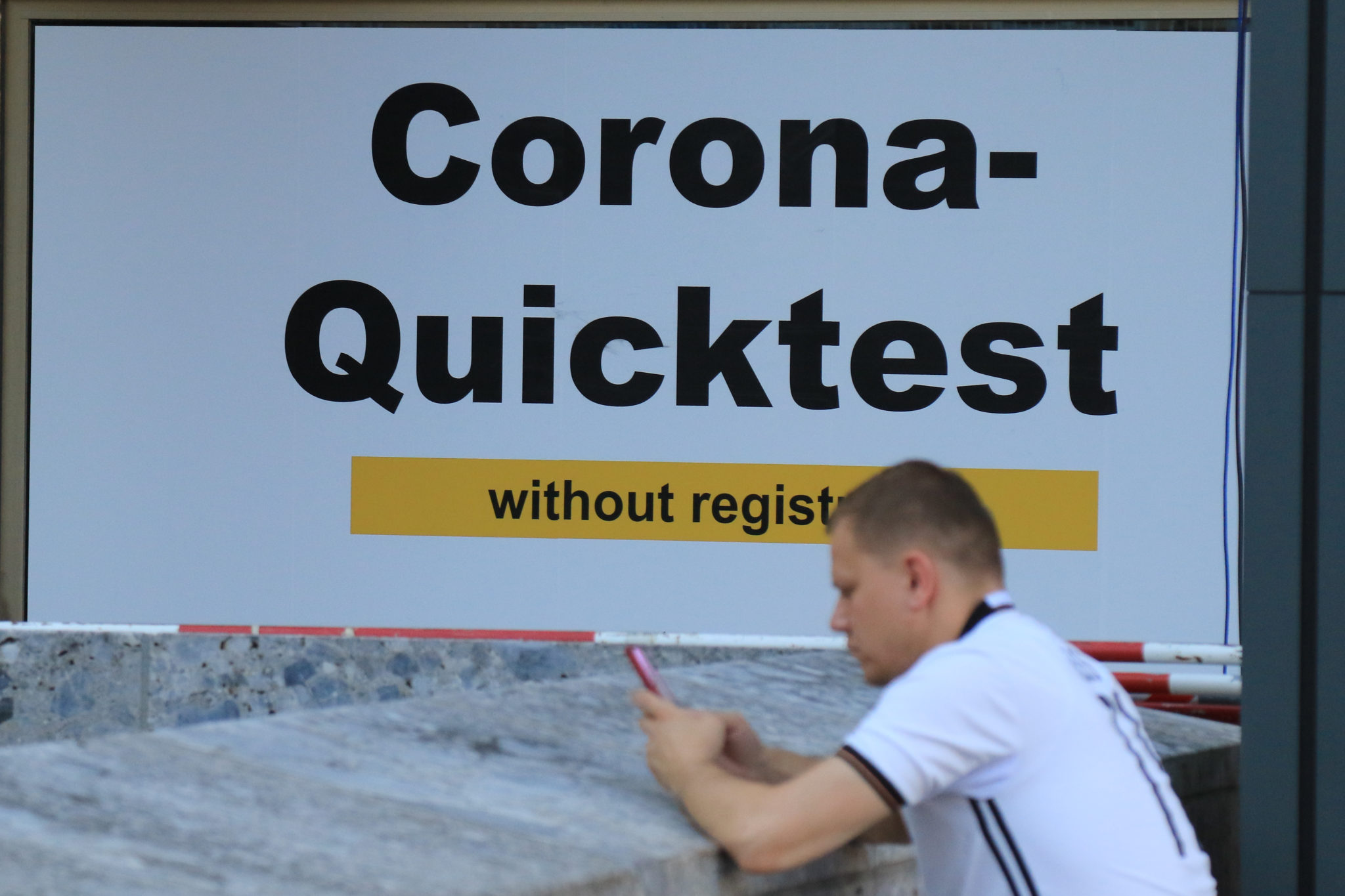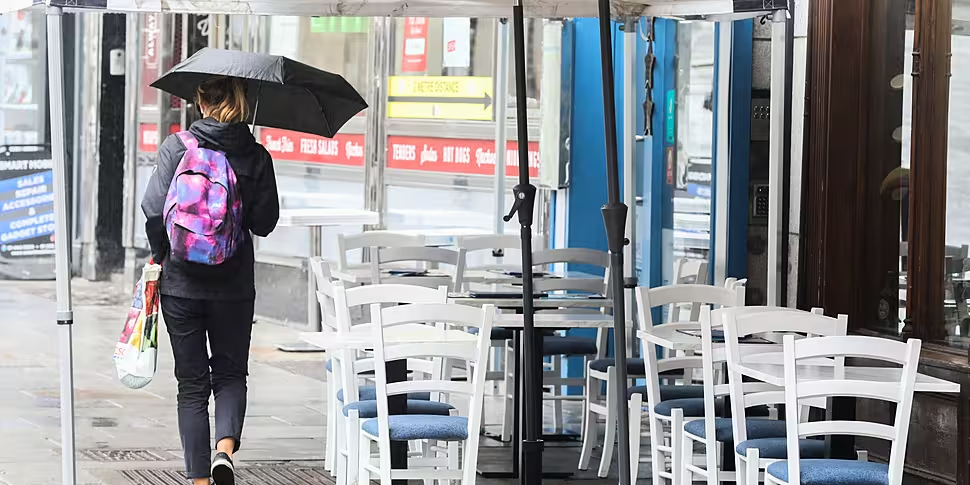The delay to the return of indoor dining has been met with anger and dismay around the country – but will the introduction of a ‘corona pass’ offer Ireland a route to reopening?
In an address to the nation yesterday, the Taoiseach confirmed that the return of indoor dining, training and group exercise would be delayed.
He said they would return for people who are vaccinated or have recovered from the virus when a new verification system is in place.
On Newstalk Breakfast this morning, the Tánaiste admitted that Ireland is an outlier in Europe in terms of the speed of reopening – suggesting time will tell whether the Government has been too cautious.
 Taoiseach Michael Martin addressing the nation at Government Buildings, 29-06-2021. Image: Julien Behal Photography/RollingNews
Taoiseach Michael Martin addressing the nation at Government Buildings, 29-06-2021. Image: Julien Behal Photography/RollingNewsIn the Dáil this afternoon meanwhile, the Taoiseach said he was open to the idea of allowing people who test negative for the virus join the immune and vaccinated indoors.
When Greece further relaxes restrictions this Friday, Ireland will be the only EU country with an indoor dining ban in place.
Eight EU countries - Denmark, Slovenia, Austria, Cyprus, Germany, Luxembourg, Latvia and Lithuania (from tomorrow) - require proof of vaccination, a negative test or COVID immunity to eat indoors.
Crucially however, they all accept rapid antigen testing for entry. COVID testing is also widely available and largely free of charge.
 A man in front of Coronavirus Quick Test Station in Munich, 15-06-2021. Image: Cal Sport Media/SIPA USA/PA Images
A man in front of Coronavirus Quick Test Station in Munich, 15-06-2021. Image: Cal Sport Media/SIPA USA/PA ImagesOn The Pat Kenny Show this morning, Deutsche Welle Germany Correspondent Thomas Sparrow said antigen testing is widely available everywhere in the country.
“You can see very easily if you travel around the country, there are loads and loads of small places where you can get an antigen test, get the certificate and then take that to the restaurant where you can then dine indoors,” he said.
He said the tests are provided free-of-charge with the testing centres subsidised by each individual state.
He said the system was introduced due to the ethical implications of requiring vaccination when vaccines were not available to all who wanted them.
Most businesses have embraced the system he said, although some smaller businesses have complained that it is too difficult to enforce.
At first, the system was paper-based; however, Mr Sparrow said there are now apps available that can store the needed information with diners given a QR code for indoor entry.









